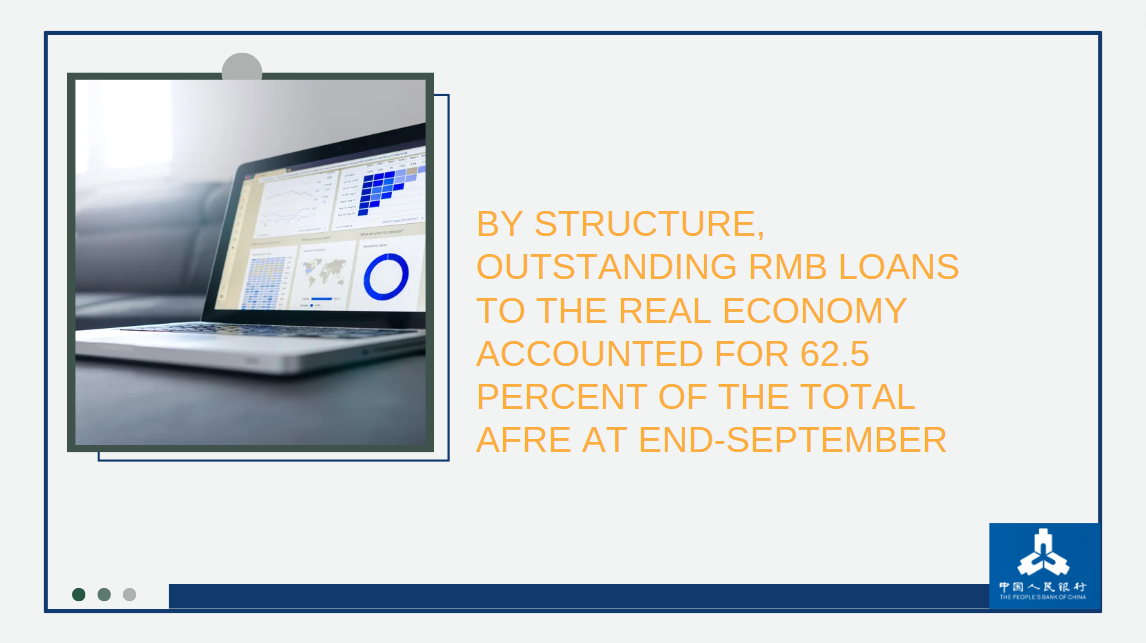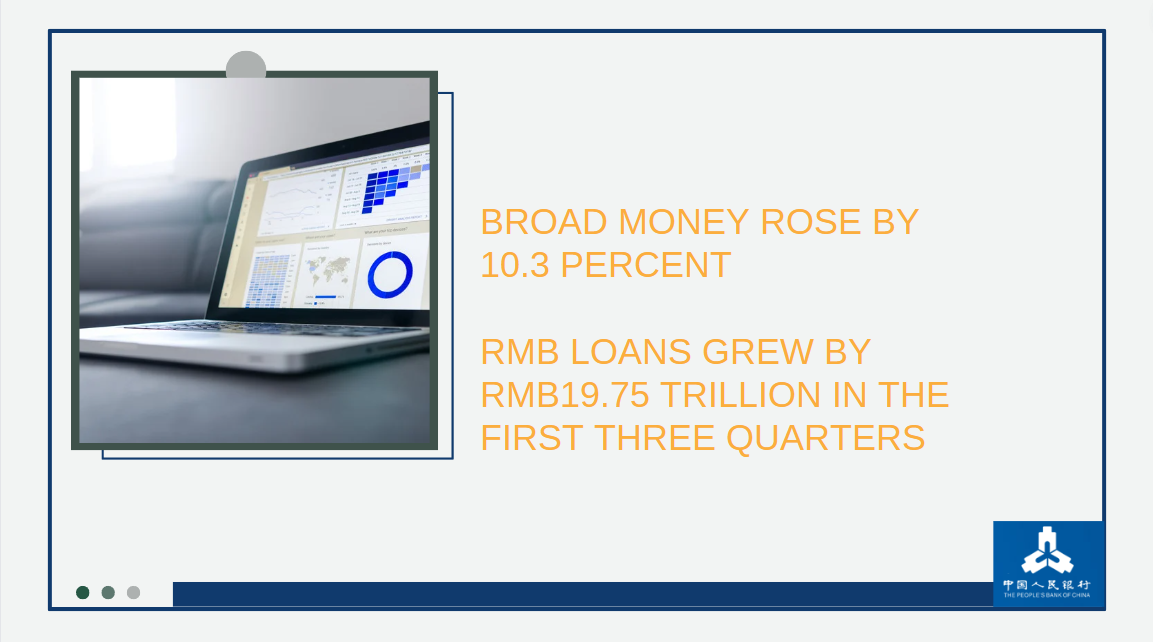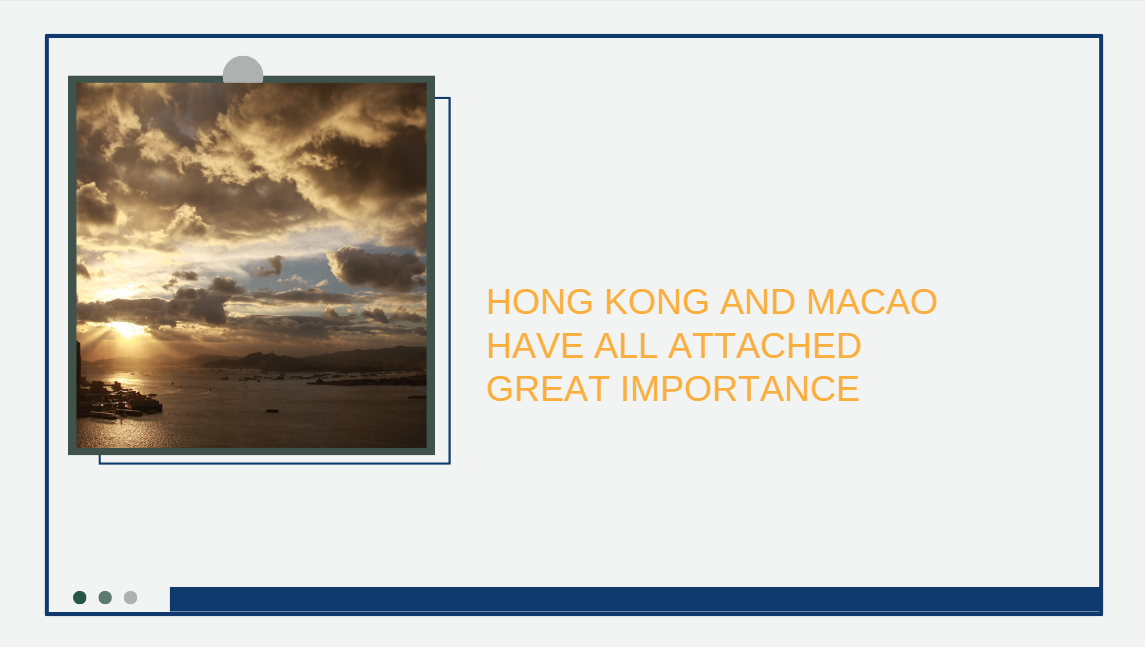Meeting the Challenges of Evolving Business Environments: Enterprises “Going Out” Face New International Situation
According to a recent report released by theUnited Nations Conference on Trade and Development (UNCTAD)[1], global inflows of foreign direct investment (FDI) fell 12% year on year to US$1.3 trillion in 2022 after a strong rebound in 2021. The major contributing factors included global crises such as the Russia Ukraine war and high food and energy prices which impacted transnational investments. In the face of such political and economic developments and changes in the business environment, Chinese enterprises must adjust their business strategies to identify new markets and partners and inject new energy into their international business.
The complex international situation has created uncertainties for mainland enterprises seeking to “go out”. Incidents in the first half of 2023 such as the collapse of Silicon Valley Bank (SVB) in the US and the restructuring and acquisition of Credit Suisse have undermined the confidence of the business community in investing abroad. Moreover, the repeated interest rate hikes by many national central banks since 2022 have pushed up the capital cost of using foreign currencies like the US dollar for settlement. It is still too early to predict when central banks in foreign countries will cut rates, so enterprises “going out” must keep the yield and risk of their offshore investment under review.
After three years of the Covid-19 pandemic, the business models of many enterprises either in developed or developing economies have undergone changes. When epidemic control measures were in force e commerce boomed and digital platforms and cross border e commerce sprang up everywhere. The latest advancements in artificial intelligence (AI) and network technologies have also ushered in a new era which has influenced the business operations of many enterprises.
For Chinese enterprises wishing to pursue sustainable international business, a comprehensive development strategy encompassing sound service support in the financial, legal, auditing, risk management and other professional sectors is indispensable.
Professional services
In order to gain a deeper understanding of how mainland enterprises can make better use of professional services to “go out” into a changing global environment, HKTDC Research interviewed a number of Hong Kong service providers in the third quarter of 2023 to gather their expert opinions on this issue. The interviewees were asked to analyse how mainland enterprises could better use the Hong Kong service platform to capture business opportunities arising from the Belt and Road Initiative (BRI) and RCEP. Hong Kong can help mainland enterprises make offshore investments and avoid risks in accordance with international standards, and also resolve problems they encounter in foreign investment. This explains why a great number of mainland enterprises chose to set up offices in Hong Kong to take care of their international business. Below is a summary of the expert opinions:
Hong Kong has a rich pool of financial resources and its local financial service suppliers can provide a wide range of financial advice and solutions to help mainland enterprises choose the right resources and cost-effective funding in Hong Kong and abroad to develop their international business. Hong Kong financial service providers are knowledgeable about the impact ESG makes on the balance sheet of enterprises and so can offer clients the necessary consultancy and risk management services.
Mainland enterprises can raise funds by going public but also obtain financing for their projects by bringing in strategic investors or establishing special purpose acquisition companies (SPAC). While they can leverage the services available in Hong Kong to meet overseas compliance requirements, they must also assess their investment structure for medium to long-term mergers and acquisitions, joint ventures, exiting, or raising funds by going public and they should protect the long-term interest of the company’s overseas business.

As Hong Kong practises the common law system and has a sound track record of the rule of law, it is highly rated by enterprises in America, Europe and emerging markets. Legal practitioners in the SAR have rich international experience and are ready to help mainland enterprises reach business co-operation agreements with foreign partners. Arbitration awards in Hong Kong are enforceable in mainland China and many countries in the world, so whenever there are disputes between the parties to an agreement they can be settled by using arbitration services in Hong Kong. This boosts the confidence of enterprises engaged in cross-border investments and business co-operation.
Hong Kong legal practitioners, with their extensive global networks and connections, can act as initiators for mainland enterprises’ offshore projects and use their international resources to carry out due diligence and risk assessment in Asia and other foreign markets. Meanwhile, mainland enterprises can take advantage of Hong Kong’s business environment to set up companies in the SAR, thereby separating their assets and liabilities from the parent company to give them greater flexibility in managing foreign investment projects and controlling risk.

Hong Kong, as Asia’s trade and shipping hub, is well-known for its timely and efficient services. Its international logistics service is closely linked with other professional services to provide integrated solutions for the trading activities of businesses. Therefore, both mainland and foreign enterprises are willing to rely on Hong Kong to handle their sales contracts, import-export business, foreign exchange settlements, shipping, and logistics arrangements, as well as use Hong Kong’s one-stop service to achieve cost-effectiveness.
As supply chain synergy is shifting from globalisation to regionalisation, the collaboration between upstream and downstream manufacturers located in different countries within the same region is becoming closer. Against this backdrop, the need for frequent transportation of industrial supplies has created massive flows of trade in goods. Mainland enterprises can capitalise on such Hong Kong advantages as zero tariff and customs clearance facilitation to flexibly handle their international logistics and seize opportunities arising from RCEP while establishing stronger ties with international markets in Europe and America.

Hong Kong, with its rich international certification and testing resources, offers cost-effective solutions to help mainland enterprises meet the requirements for the system and product standards of different markets. Hong Kong has free flow of information and the local testing sector has access to the world's latest technologies and developments, and can provide independent third-party service which matches the technical requirements of overseas buyers with the technical skills of mainland suppliers, creating a win-win situation.
According to the World Intellectual Property Organization Global Innovation Index 2022, there is strong complementariness between mainland China and Hong Kong in terms of technology and innovation. Mainland China ranks sixth globally in Knowledge and Technology Outputs, while Hong Kong ranks second in Market Sophistication. Evidently, Hong Kong is in an advantageous position to assist the mainland in commercialising its technological achievements.
The Most Innovative Economies in the World in 2022
Ranking | Hong Kong | Mainland China |
Overall | 14 | 11 |
Innovation Inputs | ||
Institutions | 10 | 42 |
Human capital and research | 13 | 20 |
Infrastructure | 6 | 25 |
Market sophistication | 2 | 12 |
Business sophistication | 27 | 12 |
Innovation Outputs | ||
Knowledge and technology outputs | 60 | 6 |
Creative outputs | 5 | 11 |
Source: Global Innovation Index 2022, World Intellectual Property Organization | ||
For years, Hong Kong's service industry has been helping mainland enterprises handle their foreign trade and investment business. As Hong Kong companies and their mainland counterparts continue to deepen co‑operation, and as the global economy recovers further, the Hong Kong business platform will give full play to its advantages. By leveraging its wide range of financial and professional services and extensive international networks, Hong Kong is sure to play a greater role as “super connector” and give mainland enterprises greater help to “go out” and capture opportunities arising from the RCEP, BRI and other markets overseas.
[1] Source: UNCTAD World Investment Report 2023




















































First, please LoginComment After ~